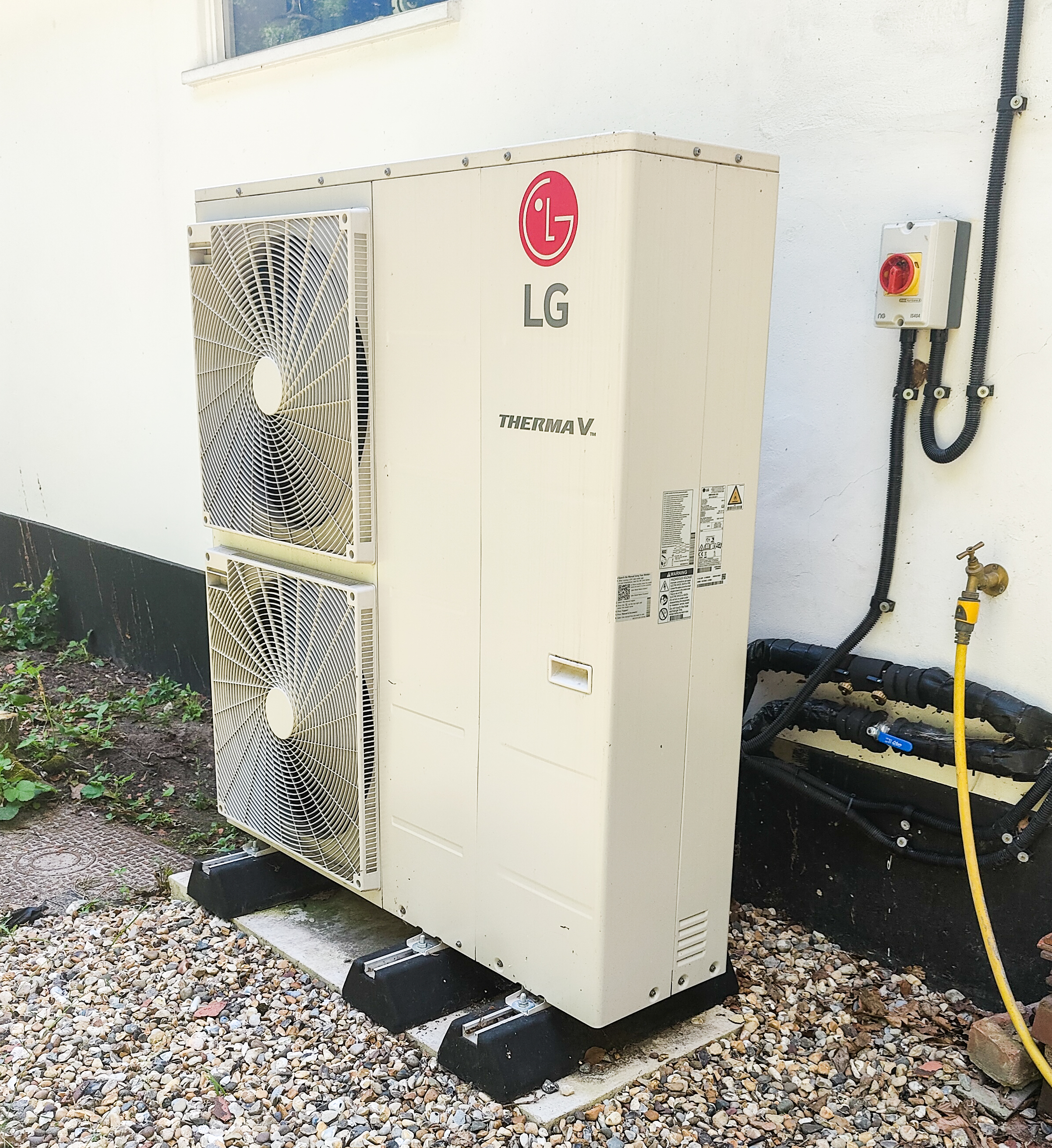How installing a low carbon heat pump can downgrade your EPC rating
Government to update the energy scoring system after experts warn it’s not ready for low-carbon heating
With rocketing fuel bills the energy efficiency of our homes is a hot topic. We’re all interested in ways to reduce our energy use while keeping our homes warm this winter. Climate change has focused many peoples’ minds on the need to live more sustainably. The UK Government is phasing out polluting gas boilers in a bid to clean up home heating and achieve net zero carbon emissions. So, it may come as a shock to find that swapping a traditional boiler for a low-carbon heat pump can downgrade your home’s EPC (Energy Performance Certificate) rating and potentially its value.

How a heat pump changes your EPC rating
Energy Performance Certificates are a measure of your home’s energy efficiency. Homes are rated in a scale from A (best) to G (worst). The EPC certificate shows the estimated amount of carbon dioxide (tonnes per year) a property produces. But confusingly, the rating is largely based on the cost of heating and powering your home rather than the carbon emissions generated. This means the more expensive the fuel, the lower the rating.
Heat pumps - which work by extracting warmth from the air or the ground before concentrating the heat and pushing it indoors – run on electricity which gets greener every year. They produce less CO2 than burning gas but are not necessarily cheaper to run unless powered by solar panels.
As the price per unit of gas is significantly less than electricity, the scoring system favours boilers compared with heat pumps. In some cases, homeowners who replace their traditional gas boiler with the low-emission alternative face having their home’s EPC rating downgraded because at present electricity is more expensive than gas per kilowatt.
Government is currently reviewing the energy scoring system after experts warned the complex calculation must be updated to take account of low carbon heating technologies. The Royal Institution of Chartered Surveyors (RICs) and others say the methodology must be revised to not only consider fuel cost and usage but also the environmental impact rating (carbon emissions).
Whitehall has published an action plan to improve the way EPCs are scored with a review in 2022, but until that happens, replacing a gas boiler with a greener heat pump could reduce your EPC score.
How important is the EPC score?
The importance of your home’s EPC score will depend on your plans. If you’re considering selling-up in the next year or so you may find your property is worth more and attracts more would-be buyers if you have a higher EPC rating. Some big lenders, such as NatWest, now offer so-called ‘green mortgages’ with lower interest rates for more energy efficient properties with an EPC rating of A or B.
If you are a landlord renting out a property, the EPC rating is very important. It’s illegal to rent out a domestic property with an EPC rating lower than E unless you have an exemption. By 2025, the law is expected to become stricter, requiring rental properties to score EPC rating of C or above. However, if you aren’t a landlord and have no plans to move home soon, or to re-mortgage, then the EPC rating may be of less concern.
Why choose a heat pump rather than a traditional boiler?
There are financial incentives. The Government’s Boiler Upgrade Scheme (BUS), which runs from 2022 to 2025, will pay £5,000-£6,000 towards the cost and installation of heat pump. The new BUS scheme is meant to make the low carbon technology more affordable. Supplier Octopus Energy says a standard heat pump insulation costs around £3,000-4,000 on top of the government grant and covers most UK homes (prices correct September 2022). Prices are likely to come down in future as more homeowners install the pumps.
The BUS scheme is potentially good news for those with old boilers in need of replacement. Less welcome, however, is that swapping to a heat pump could bump up your energy bills and make your property’s EPC rating worse.
Should this stop you getting a heat pump?
It's worth having an energy audit assessment done by a professional to make sure a heat pump is suitable for your property. At the same time, your domestic energy assessor will be able to make a calculation to check what your new EPC score will be and whether the pump will affect your overall rating.
While the EPC rating is shown as a band, from A to G, the full scoring system runs from 100 (the best) to 1 (the worst) Standard Assessment Procedure (SAP) points. If you are near the bottom of a ratings band, then losing a few points could push you into a lower band but if you are in the middle or top, it may make little difference.
If you can afford a heat pump and want to cut your home’s carbon footprint, then a couple less points on your EPC rating shouldn’t deter you. Plus, your EPC certificate will suggest ways to gain extra points and boost your overall rating, such as upgrading your lighting to LED light bulbs, installing solar panels and insulating the walls and roof.
